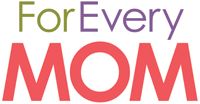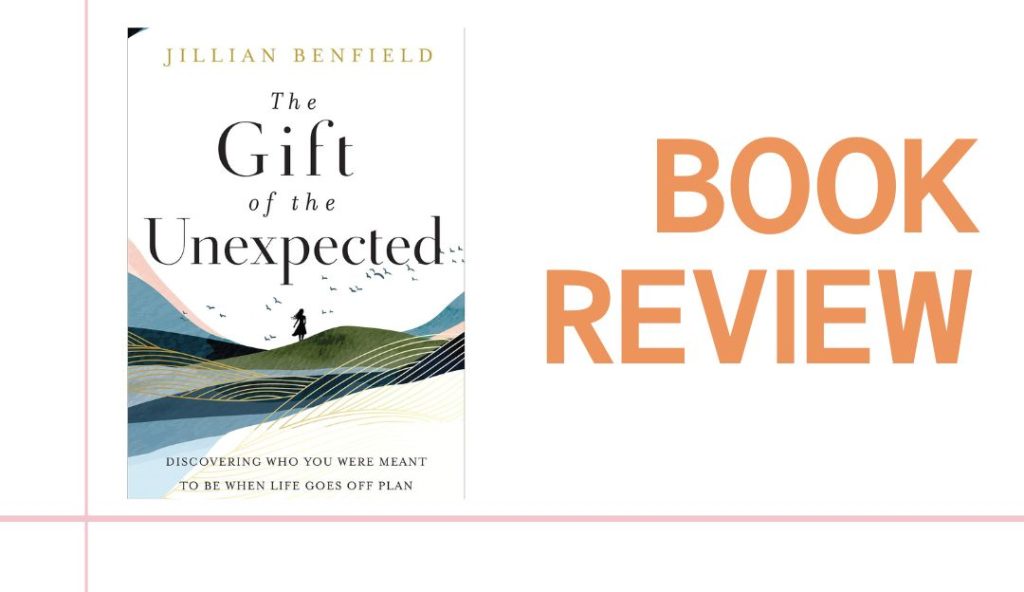
What do we do in those “bathroom floor moments” when life shatters and breaks us open? In the Gift of the Unexpected, Jillian Benfield shares how her son Down’s Syndrome diagnosis transformed her thinking and faith. Her book helps others find hope in the unwanted twists and turns of life.
I want to meet you on your bathroom floor, where God is so very present. I want to tell you that your willingness to feel all you need to feel here on these cold tiles is necessary. I want to come and sit cross-legged next to you, stare into your damp eyes, and tell you to let yourself break apart because that is the necessary part of breaking open.
Benfield’s testimony helped me reflect on my “bathroom floor moments” and see how they became the catalysts for healthy change.
The book is divided into three parts: The Gift of Returning to Yourself, The Gift of Unexpected Transformation, and The Gift of Unexpected Purpose.
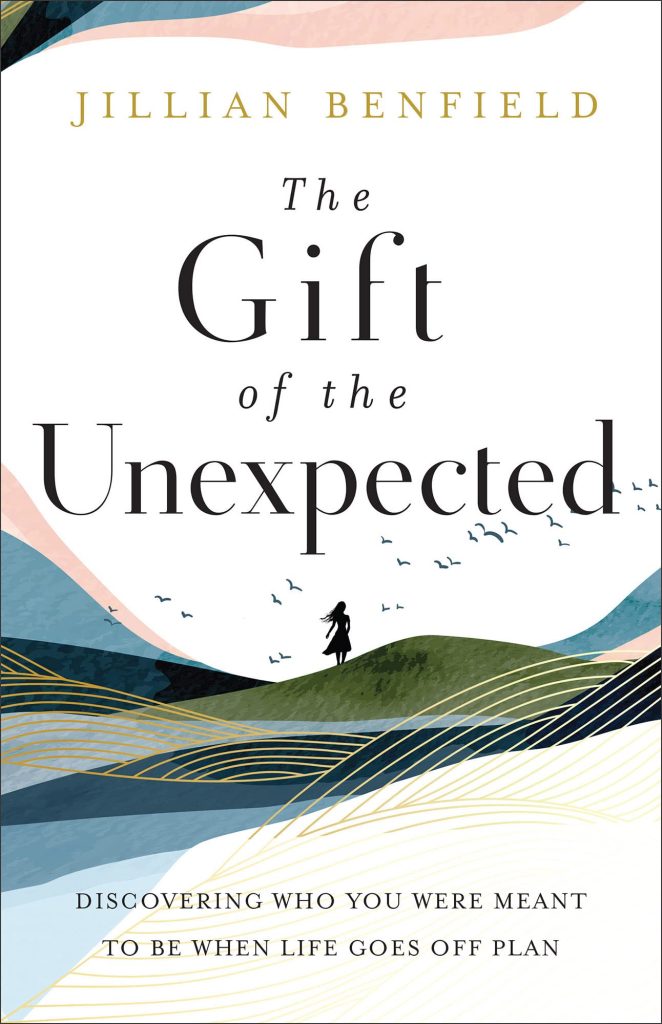
Benfield’s writing is raw and vulnerable as she shares about two unwanted moves and her son’s life-changing diagnosis and heart surgery. Readers are encouraged to examine their own unexpected sorrow in order to move forward wholeheartedly and live purposeful lives.
I once thought my son with a disability needed healing, but I was the one who needed to be healed. I needed to be healed from the idea that I needed to change myself in order to belong. I needed to be healed from the idea that worldy success and worth are tied together when in fact they are separate. I needed to be healed from the fact that God came here to punish when in fact He came here to restore.
Sometimes when we’re at our lowest, God’s grace shines the brightest.
This book helped me understand my ignorant beliefs about disabilities. We pray for healing as if something is wrong, and sometimes miss the uniqueness of God’s creation by thinking we need to fix what instead is an unexpected gift. The main message of this book touched my heart.
I thought being disabled was a problem. I thought it was a lesser way of living. I thought it was a recipe for a sad life. I thought disablility needed to be fixed, and that because Down’s Syndrome couldn’t be fixed, couldn’t be cured, my son’s life was over before it began. Part of that’s on me, and part of that is on my schooling and a society that still abides by separate but equal.
While I enjoyed most of the book, a few quotes caught me off guard, and I wondered what she meant by them.
“God used people to tell his story, but there are holes in the book.”
“God didn’t leave us a blueprint for our faith.”
I believe God’s Word doesn’t have any holes and is the best blueprint for our life. She writes about how scholars disagree on whether hell is a literal place. I’m unsure if she’s stating she doesn’t believe in hell or if she realized her faith was based more on the fear of hell than Jesus and God’s grace. While I may have misunderstood what she was trying to say, I still enjoyed reading her testimony and gleaning from it the valuable lesson that brokenness leads to healing if we are willing to allow it to transform us.
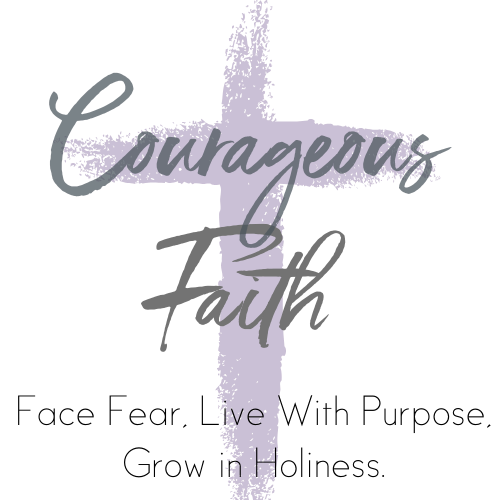








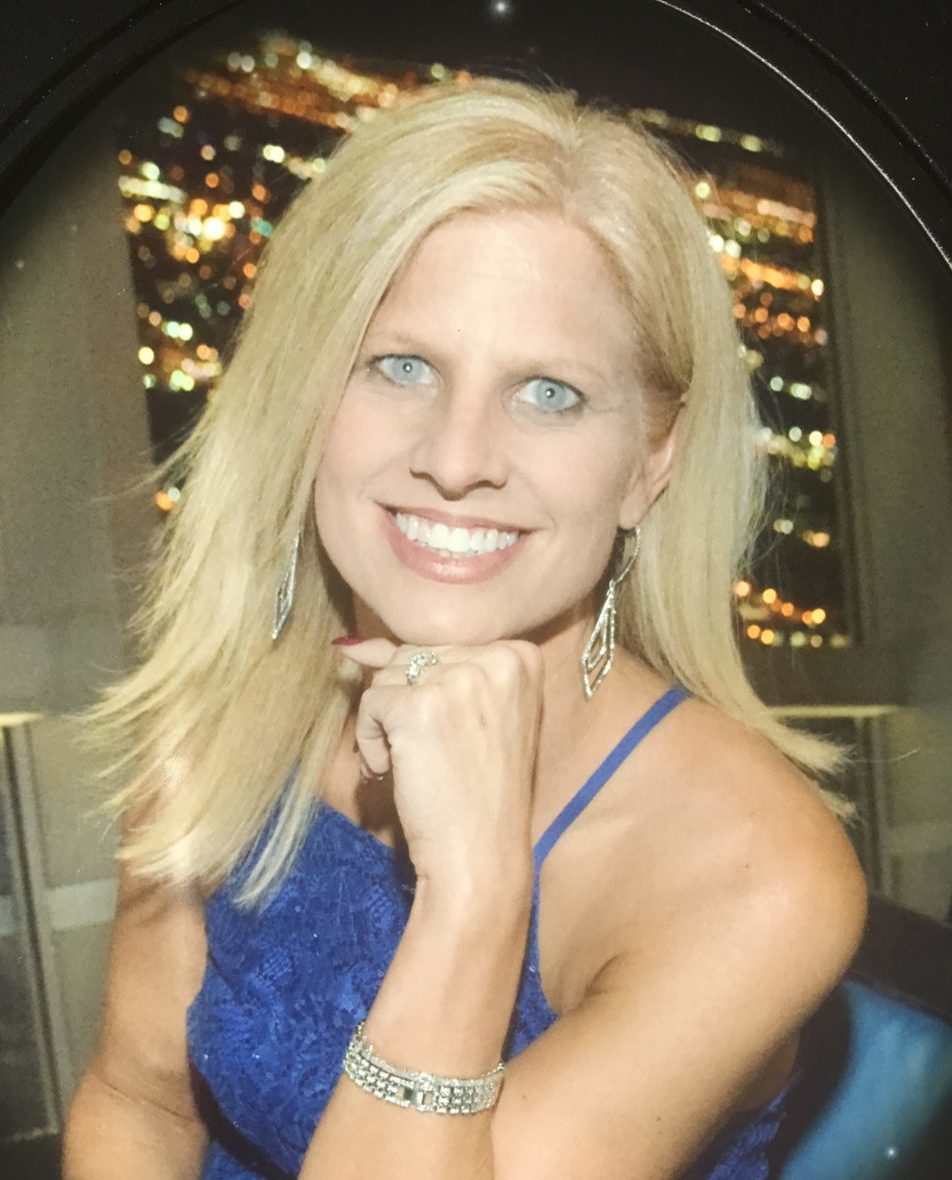 Hello there! I'm Valerie, a mom of four and wife of 27 years. My writing inspires others to cultivate courageous faith and find solace in trusting God, especially in moments of fear and uncertainty. Join me on this adventure as we explore the beauty of trusting God when we are afraid.
Hello there! I'm Valerie, a mom of four and wife of 27 years. My writing inspires others to cultivate courageous faith and find solace in trusting God, especially in moments of fear and uncertainty. Join me on this adventure as we explore the beauty of trusting God when we are afraid. 
